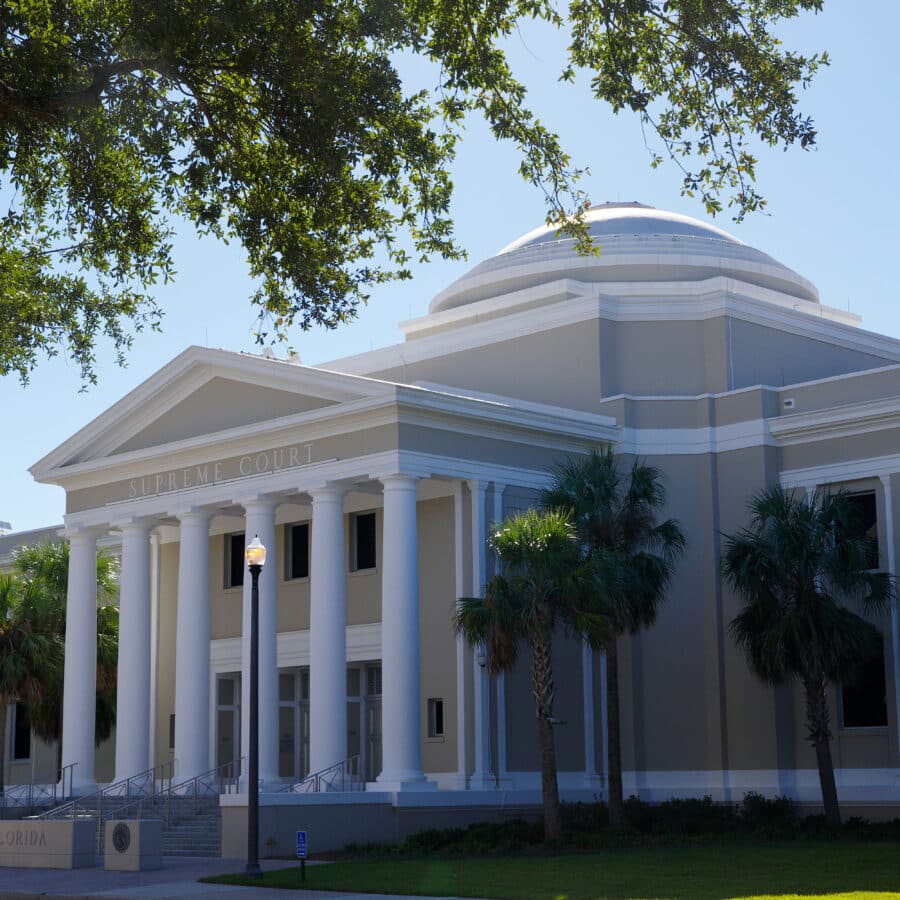A Florida jury in Broward County awarded Richard DeLisle $8 million in 2013 after finding Lorillard Tobacco Company and four other defendants negligent for allegedly exposing him to the asbestos that aided in his diagnosis of mesothelioma, a rare and often incurable cancer. Lorillard, purchased by Reynolds American, Inc. in 2014 for $27.4 billion, and the other defendants named in the lawsuit, including the filter maker Hollingsworth & Vose Company (H&V), quickly appealed the ruling.
The verdict was then overturned by the Fourth District Court of Appeal, but the Florida Supreme Court overruled that decision and reinstated the $8 million award in October 2018. The decision has far reaching consequences beyond the DeLisle case because the Supreme Court ruled in a contentious 4-3 decision that a 2013 law that defined and limited which expert-witness testimonies were acceptable and who interpreted those testimonies was unconstitutional. The decision directly impacted the testimonies from three scientists who argued in favor of DeLisle. Three testimonies that the defendant’s attorneys argued should be omitted from the case.
The 2013 law changed Florida from the “Frye” standard to the “Daubert” standard for expert-witnesses. Essentially, the “Frye” standard gives the scientific community the authority to evaluate the testimony, while the “Daubert” standard gives all of the authority to the trial judge. The “Frye” standard uses a three-part test to determine whether a testimony can be accepted; Is the testimony “based upon sufficient facts or data?” Is the “product of reliable principles and methods?” And has the expert-witness “applied the principles and methods reliably to the facts of the case?” Whereas the “Daubert” standard relied completely on the judge’s opinion.
“We recognize that ‘Frye’ and ‘Daubert’ are competing methods for a trial judge to determine the reliability of expert testimony before allowing it to be admitted into evidence,” wrote Justice Peggy Quince in the majority decision. “Both purport to provide a trial judge with the tools necessary to ensure that only reliable evidence is presented to the jury. . . With our decision today, we reaffirm that Frye, not Daubert, is the appropriate test in Florida courts.”
DeLisle, who is now 79, testified that he smoked Kent brand cigarettes, manufactured by Lorillard, from 1952 to 1956. In addition, the lawyers representing DeLisle named 16 different defendants (11 of which were exonerated) that caused their client to interact with asbestos. Two of the liable defendants were Brightwater Paper Co. and Crane Co., paper mills where DeLisle handled gaskets that allegedly contained asbestos in the 1960s. He claimed that his former employers never made him aware of any potential health risks.
Lorillard was assigned 22 percent of the culpability, or $1.76 million, while Crane was ordered to pay the plaintiff 16 percent, or $1.28 million. DeLisle was not assigned any blame and the remaining 62 percent of the award is slated to be paid out by H&V, Brightwater, and Owens-Corning. After more than five years of litigation, Richard DeLisle will see the award that was handed out in 2013 because the “Daubert” standard was found unconstitutional and the three testimonies were allowed to be included in the evidence after passing the reinstituted “Frye” standard.
“I acknowledge that neither ‘Frye’ nor ‘Daubert’ is a perfect standard that will seem fair to all litigants in every proceeding,” wrote Florida Supreme Court Judge Pariente in a concurring opinion. “However, this court’s case law makes clear that a proper and thorough application of ‘Frye’ allows the trial judge to inquire beyond bare assertions of general acceptance. ‘Daubert,’ on the other hand, has the potential to infringe on litigants’ constitutional rights to access the courts.”


